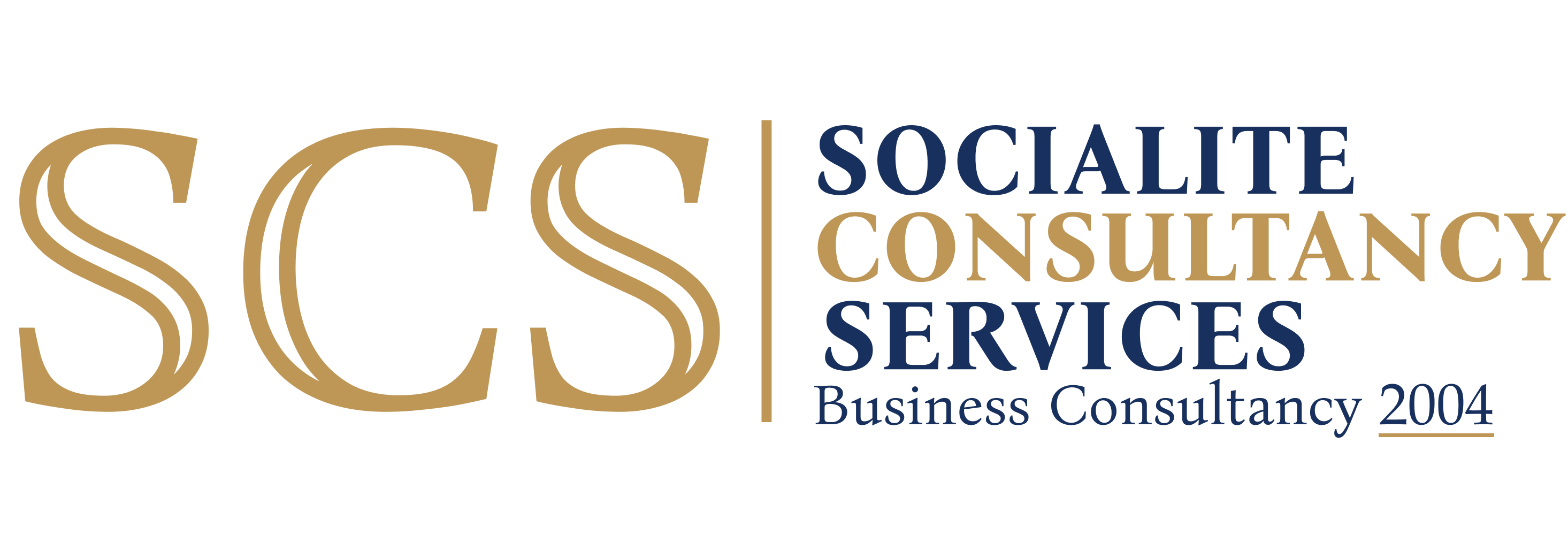Cost of Free Zone Company Setup in Dubai
Starting a business in a Dubai Freezone offers numerous advantages, including 100% foreign ownership, tax exemptions, and simplified processes. However, understanding the cost of free zone company setup in Dubai is essential for effective financial planning. From registration and licence fees to office space and visa expenses, various factors influence the total investment. This guide provides a detailed breakdown of the costs involved, helping entrepreneurs make informed decisions when setting up a Freezone company.
1. Key Expenses for Setting Up a Business
Setting up a business in a Dubai Freezone involves several key expenses, including registration, licensing, office space, and employee-related costs. Understanding these expenses helps in effective financial planning. Let’s explore Dubai freezone company setup cost for various processes involved:
Company Registration Fees
When establishing a company in a Dubai Freezone, registration costs vary based on the specific freezone and business activity. Typically, the registration fee ranges from AED 9,000 to AED 25,000. This is a one-time fee payable to the Freezone Authority. Some freezones may also charge additional processing fees for documentation and approvals, which can add another AED 1,000 to AED 5,000 to the total cost.
Licence Fees
To operate legally, businesses must obtain a licence that aligns with their activities. Here are the approximate costs for different licence types:
- Trade Licence: AED 15,000 – AED 50,000 annually, depending on the freezone and nature of the business.
- Service Licence: AED 10,000 – AED 35,000 annually, suitable for consultancy, IT, and professional services.
- Industrial Licence: AED 20,000 – AED 50,000 annually, required for manufacturing and heavy industries.
In some cases, freezones offer bundled packages that include licences, office space, and visas at discounted rates. Additionally, businesses may need to renew their licence annually, which can add to the long-term operational costs. These elements are key contributors to the overall Dubai free zone fees.
2. Office Space and Workspace Costs
Dubai Freezones offer various office options based on business needs. Approximate annual costs include:
- Flexi-Desks (Ideal for startups and freelancers): AED 10,000 – AED 20,000. These are shared workspaces that provide a cost-effective solution for small businesses and individual entrepreneurs.
- Serviced Offices (Fully equipped office spaces): AED 25,000 – AED 100,000. These come with utilities, internet, and office support, reducing the need for additional investments.
- Warehouses (For storage and manufacturing businesses): AED 50,000 – AED 200,000. The cost depends on the location and size of the facility.
- Virtual Offices (For businesses without physical operations): AED 15,000 – AED 25,000. Suitable for businesses that operate remotely but require a registered address within the freezone.
These options significantly influence the free zone setup cost in Dubai depending on business type and scale.
3. Visa and Employee-Related Costs

Freezones require businesses to obtain visas for employees. Costs per visa include:
- Visa Application and Processing: AED 3,000 – AED 5,000 per person. This includes government fees, entry permits, and stamping charges.
- Medical Testing and Emirates ID: Included in visa costs, covering basic health checks and biometric registration.
- Refundable Bank Guarantees: AED 1,000 – AED 3,000 per employee, depending on the freezone’s regulations.
- Dependent Visas: If an entrepreneur or employee wants to sponsor family members, an additional cost of AED 3,500 – AED 6,000 per dependent applies.
These employee-related expenses are integral when evaluating the cost of free zone company setup in Dubai.
4. Operational Costs and Miscellaneous Fees
Apart from registration and licensing, businesses must consider ongoing operational costs:
- Health Insurance: This could cost anything between AED 500 – AED 2,000 / employee per year. This is mandatory under UAE regulations.
- Liability Insurance: The cost varies depending on the type of business and coverage required.
- Utility Bills (Electricity, Water, Internet): AED 500 – AED 2,000 per month, depending on office size and usage.
- Professional Consultation Fees (Legal and Accounting Services): AED 5,000 – AED 20,000 annually, depending on the complexity of financial and legal requirements.
These overheads add up when planning for free zone setup cost in Dubai.
5. Taxes and Bank Account Opening Costs
Businesses in Dubai Freezones must consider tax obligations and banking expenses. While some Freezone companies enjoy tax exemptions, VAT and corporate tax may apply. Opening a business bank account also incurs costs.
- VAT (Value Added Tax): Businesses earning over AED 375,000 annually must register for VAT, currently set at 5%.
- Corporate Tax: A 9% corporate tax applies to profits exceeding AED 375,000. Some freezones offer tax exemptions under specific conditions.
- Business Bank Account Opening: Initial deposit requirements vary from AED 10,000 to AED 50,000, depending on the bank.
- Auditing and Financial Compliance: Freezones require annual audits, which can cost between AED 5,000 – AED 30,000, depending on the size of the business.
Taxation and banking are important considerations in the Dubai free zone fees calculation.
6. Comparing Costs in Different Freezones
Different Dubai Freezones have varying setup and operational costs. Comparing licence fees, office rents, and visa charges helps entrepreneurs choose the most cost-effective option based on their business needs.
|
Freezone |
Licence Fee (AED) |
Office Space (AED) |
Visa Fee (AED) |
|
Dubai Airport Free Zone (DAFZA) |
15,000 – 30,000 |
20,000 – 50,000 |
4,000 |
|
Dubai Multi Commodities Centre (DMCC) |
15,000 – 35,000 |
20,000 – 60,000 |
4,500 |
|
Dubai Silicon Oasis (DSO) |
15,000 – 25,000 |
15,000 – 50,000 |
3,500 |
|
Dubai Internet City (DIC) |
20,000 – 30,000 |
25,000 – 70,000 |
4,000 |
|
Jebel Ali Free Zone Authority (JAFZA) |
15,000 – 50,000 |
20,000 – 100,000 |
4,500 |
7. Additional Considerations
Beyond setup and operational costs, businesses should factor in renewal fees, compliance requirements, and future expansion costs. Proper financial planning ensures long-term sustainability and smooth operations.
- Renewal Costs: Licences, visas, and office leases require renewal, adding to long-term expenses.
- Marketing and Branding Costs: Budgeting for business promotion, website development, and digital marketing is crucial.
- Expansion Costs: Businesses planning to scale operations must consider additional licensing, staffing, and office expansion expenses.
- Regulatory Changes: UAE business laws and freezone policies may evolve, impacting costs and compliance requirements.
Understanding the full cost structure of a Dubai freezone company setup cost is crucial for entrepreneurs planning to establish their business. The exact expenses depend on the selected freezone, type of business activity, and operational requirements.
Consulting a business setup specialist can provide clarity and up-to-date insights, helping investors make informed decisions. With proper budgeting and financial planning, launching a business in a UAE Freezone can be a profitable and strategic move for long-term success.
Get Expert Guidance with Socialite Consultancy Services

Setting up a business in a Dubai Freezone requires careful planning and financial assessment. Socialite Consultancy Services offers expert assistance in navigating the Dubai Freezone company setup cost and ensuring a hassle-free process. From choosing the right Freezone to managing licence fees, visa applications, and bank account opening, our team provides end-to-end support tailored to your business needs.
With our in-depth knowledge of UAE Freezone company setup costs, we help entrepreneurs minimise expenses while maximising benefits. Whether you need consultation on tax obligations, workspace selection, or compliance requirements, Socialite Consultancy Services is here to assist you at every step.
Get started today! Contact us for a free consultation and take the first step toward establishing your business in a Dubai Freezone.
Frequently Asked Questions (FAQs)
- What is the average cost of setting up a business in a Dubai Freezone?
The cost varies depending on the Freezone, business type, and office space requirements. On average, the Dubai Freezone company setup cost ranges between AED 15,000 and AED 50,000, covering licence fees, registration, and office space. - Are there any hidden fees in a UAE Freezone company setup?
While most Freezones have transparent pricing, additional costs like visa processing, office rental, utility bills, and insurance can increase expenses. Consulting a professional in budgeting accurately and avoiding unexpected charges. - Can I set up a business in a Dubai Freezone without a physical office?
Yes, many Freezones offer virtual office and Flexi-desk options, which allow business owners to operate without a dedicated physical space. These options reduce costs while still enabling legal business operations and visa eligibility. - What is the minimum capital requirement for a Dubai Freezone company?
Most Freezones do not require a minimum capital deposit, but some have specific requirements based on the business activity. Generally, capital requirements range from AED 1,000 to AED 50,000, depending on the Freezone and company structure. - How long does it take to set up a business in a Dubai Freezone?
The process is quick and can take anywhere from 3 to 10 working days, depending on the Freezone and the completeness of the documentation. Choosing the right Freezone and preparing documents in advance can speed up the process. - Do Freezone businesses have to pay corporate tax in the UAE?
Yes, with the introduction of a 9% corporate tax, businesses exceeding AED 375,000 in annual profits are required to pay taxes. However, some Freezones offer tax exemptions based on specific regulations and activities. - Can a Freezone company do business outside the UAE?
Yes, Freezone companies can conduct international trade without restrictions. However, to operate within mainland UAE, they may need a local distributor or obtain the necessary permits to comply with regulations.

